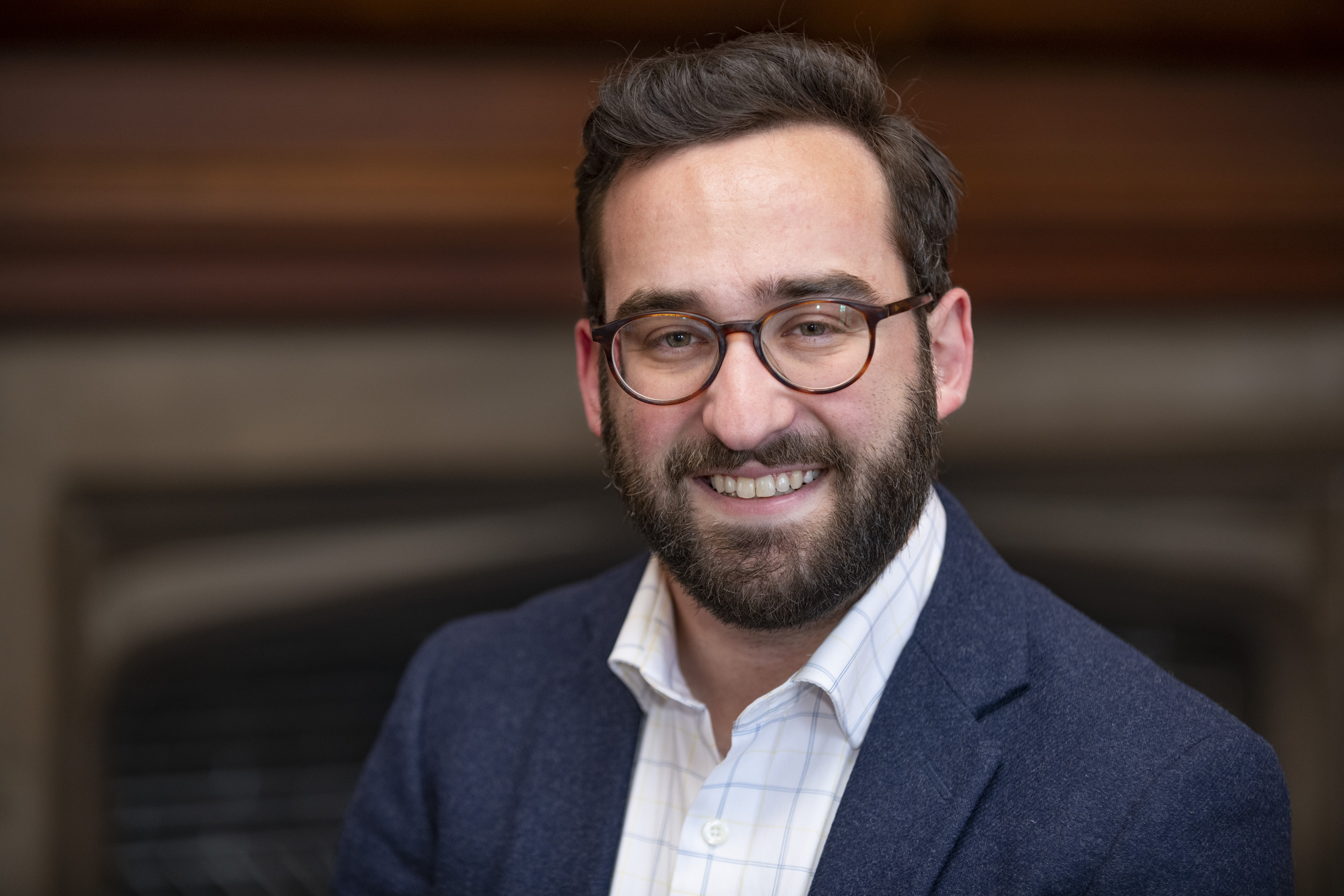
Biography:
Ari Weil is a PhD candidate in Political Science with a concentration in International Relations. His research focuses on political violence, with a particular focus on insurgent organizations, ideology, rhetoric, and inter-rebel competition. Prior to his doctoral studies, Ari completed his MA in International Relations at the University of Chicago’s Committee on International Relations. His research has been supported by the Nicholson Center for British Studies and the Political Science Department.

Biography:
Lisa Wedeen is the Mary R. Morton Distinguished Service Professor in the Department of Political Science and the College and Director of the Chicago Center for Contemporary Theory at the University of Chicago. She is also Associate Faculty in Anthropology. Her publications include three books: Ambiguities of Domination: Politics, Rhetoric, and Symbols in Contemporary Syria (1999; with a new preface, 2015); Peripheral Visions: Publics, Power, and Performance in Yemen (2008); and Authoritarian Apprehensions: Ideology, Judgment, and Mourning in Syria (2019). Among her articles are the following: “Conceptualizing ‘Culture’: Possibilities for Political Science” (2002); “Concepts and Commitments in the Study of Democracy” (2004); “Ethnography as an Interpretive Enterprise” (2009); “Reflections on Ethnographic Work in Political Science” (2010); “Ideology and Humor in Dark Times: Notes from Syria” (2013); and “Scientific Knowledge, Liberalism, and Empire: American Political Science in the Modern Middle East” (2016). She is the recipient of the David Collier Mid-Career Achievement Award and an NSF fellowship. For Authoritarian Apprehensions, she received the American Political Science Association’s Charles Taylor Book Award (2020), sponsored by the Interpretative Methodologies and Methods group; the APSA’s inaugural Middle East and North Africa Politics Section’s best book award (2020); the IPSA award for Concept Analysis in Political Science (2021); and the Gordon J. Laing Award (2022), given annually for the book that brings the most distinction to the University of Chicago Press. She has completed an edited volume with Joseph Masco entitled Conspiracy/Theory (forthcoming Duke University Press, 2024); she is in the process of coediting an Oxford University Handbook, with Prathama Banerjee, Dipesh Chakrabarty, and Sanjay Seth, tentatively entitled Reimagining Cosmopolitanism (Oxford University Press); and, with Aarjen Glas and Jessica Soedirgo, the interpretive methods part of an Oxford University Handbook on Methodological Pluralism in Political Science (edited by Janet Box-Steffensmeier et al.). Wedeen is also beginning work on a monograph on violence and temporality.
Project Title: Translating Authoritarian Apprehensions
The resurgence of authoritarianism, both globally and within established democracies, signals a significant shift in the political landscape, challenging previous assumptions about the triumph of liberal democracy. The defeat of the Arab uprisings, the rise of populist nationalism in the United States and Europe, and the consolidation of autocratic regimes in Russia, Turkey, and beyond reflect a broader trend of political retrenchment. This project examines the dynamics of global authoritarianism, exploring the ways in which citizens, not just autocrats, are drawn to authoritarian systems. It takes a comparative approach, analyzing cases such as Trump’s political base, Putin's enduring popularity, Erdogan's rise in Turkey, and the entrenchment of autocratic rule in the Middle East and beyond. By integrating both quantitative and qualitative methods—ranging from ethnographic fieldwork to large-scale surveys—the study probes the socio-political and affective dimensions of authoritarianism, including emotional appeals like fear, resentment, and solidarity that sustain such regimes. The project emphasizes the role of affect in shaping political loyalties, moving beyond purely interest-based calculations of support. The aim is to produce a theoretically robust and empirically grounded account of authoritarianism, attending to its local and national variations, the design of coercive apparatuses, and the social and cultural forces that sustain it. Drawing on interdisciplinary scholarship, this research seeks to enrich our understanding of the appeal of authoritarian rule, exploring how ordinary citizens in different contexts come to support regimes that curtail civil rights, dismantle democratic institutions, and prioritize the consolidation of power.
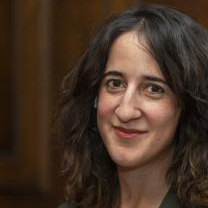
Biography:
Rochelle Terman is an assistant professor in the Department of Political Science at the University of Chicago. Her work as a Book Workshop Fellow, The Geopolitics of Shaming: When Human Rights Pressure Works—and When It Backfires, was published in 2023 with Princeton University Press. Terman's research primarily focuses on international norms and human rights. She has also explored areas like gender, Islamophobia, and computational social science. She is currently a faculty affiliate with the Center for Middle Eastern Studies, the Center for the Study of Gender & Sexuality, the Committee on International Relations, and the Program on Computational Social Science.
Terman earned her B.A. from the University of Chicago, and Ph.D. in Political Science with a designated emphasis in Gender & Women’s Studies from the University of California, Berkeley. She joins the University of Chicago from Stanford University, where she was a post-doc at the Center for International Security and Cooperation.
Recent Research / Recent Publications
"The Geopolitics of Shaming" delves into the strategic logic underpinning international human rights enforcement. Rochelle Terman explores the motivations and mechanisms guiding how states penalize violations in other nations, identifying instances where shaming leads to improved human rights conditions and outlining situations where it may backfire.
Drawing on a diverse range of evidence, including large-scale cross-national data, original survey experiments, and detailed case studies, Terman demonstrates that human rights shaming is a deeply political process embedded within strategic relationships. By arguing that existing geopolitical dynamics shape both the causes and outcomes of shaming in global politics, Terman illustrates how adversaries may condemn human rights abuses but often provoke counterproductive responses. Friends and allies emerge as the most effective shamers, yet their reluctance to impose significant sanctions poses a challenge.
Challenging conventional wisdom on the role of norms in global affairs, "The Geopolitics of Shaming" contends that politicization is not a corruption but an integral aspect of the success of the global human rights project.
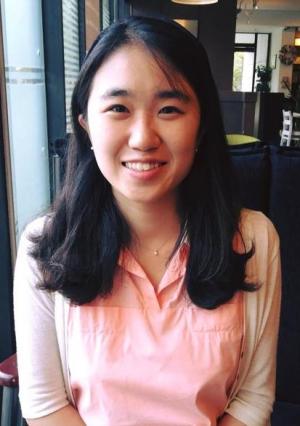
Every international organization (IO) advances cooperation through repeatedly concluding negotiations at regular meetings. Works of these IOs are achieved by both officials from country delegates (“domestic bureaucrats”) as well as insulated staffs (“Secretariats”). Domestic bureaucrats are both principals and agents in this context; they supervise Secretariats but at the same time are subject to monitoring from a domestic principal. However, their role here is bigger than a middle-manager in conventional bureaucracy. Their domestic principal has imperfect information about the match between domestic interest and outcome of international negotiations while their agents (Secretariats) have fundamentally different preference structure. In this sense, domestic bureaucrats are the ones who can exploit both domestic interests and IO interests. Then under what condition do domestic bureaucrats approve more discretions to Secretariats?
With a formal model and empirical evidence from fieldwork in Geneva, Switzerland, I argue that career concerns of domestic bureaucrats can drive them delegating more discretions to Secretariats for the sake of concluding international negotiations in time. This research, through examining career concerns of domestic bureaucrats, unpacks the black box of IO bureaucracy.
Biography:
Minju Kim is a doctoral student in the field of International Relations studying international political economy and American foreign policy. She is interested in bureaucratic politics in foreign policymaking and politics of trade remedies. She holds an MIA with the highest honors from Graduate School of International Studies, Seoul National University, and a BA from Yonsei University. She is a recipient of the Korea Foundation for Advanced Studies (KFAS) doctoral study abroad scholarship. Before joining this program, she also worked at the International Legal Affairs Division of Ministry of Justice in South Korea.
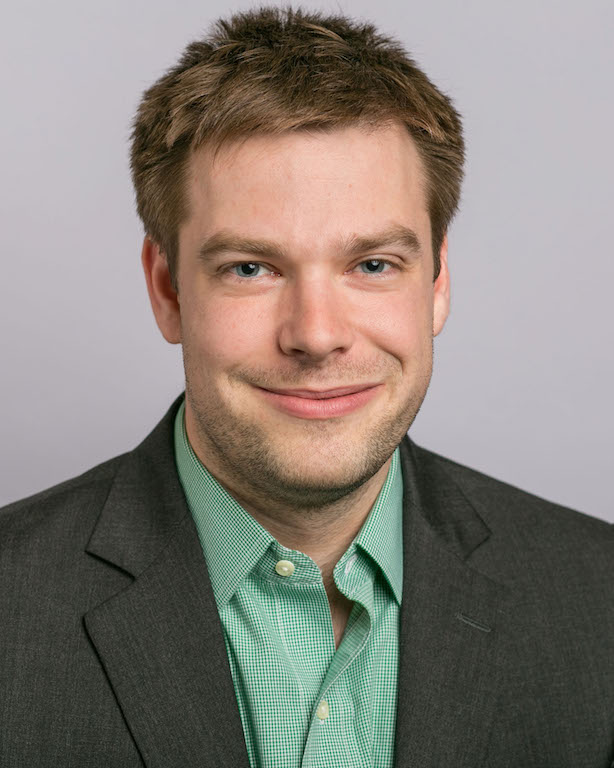
Much of the world is rapidly urbanizing, yet contemporary urbanization is often informal urbanization, creating substantial slum neighborhoods without adequate access to government services. In its absence, non-state armed actors often become substitutes for the state, and informal economies flourish. Many scholars and public officials view informal urbanization with alarm, arguing that informal communities are conflict-prone. Yet, informal urban neighborhoods exhibit substantial variation in political violence: while some experience intense periods of political violence, others are relatively peaceful. What explains this puzzling variation?
Drawing upon fieldwork and data collection in South Africa, I analyze the causes of a particular type of political violence—violence over rents, or government resources, benefits and privileges. While most scholars stress the absence of the state in informal neighbors, I argue that government rents constitute a major part of the economies of informal communities. I argue that violence is shaped by three factors: the type and strength of informal institutions, transitions from informal to formal property rights, and as a form of signaling by communities to the state.
I test these theories through qualitative fieldwork and gathering novel micro-level data on political violence and municipal projects in South African townships.
Biography:
Isaac Hock is a PhD student in Political Science. His research focuses on urban violence, crime and economic development in sub-Saharan Africa. He is a graduate of Swarthmore College.
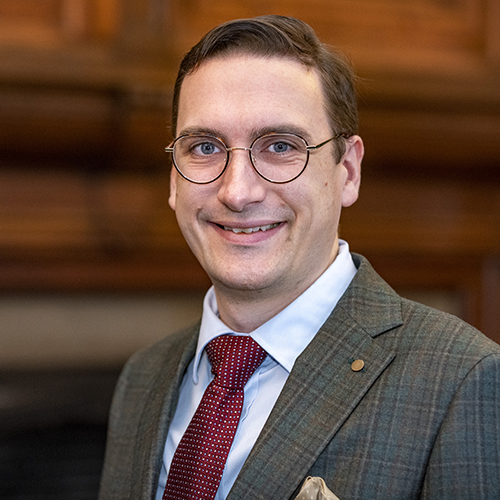
Robert Gulotty is an associate professor in the Department of Political Science at the University of Chicago. His first book project is Governing Trade Beyond Tariffs: The politics of multinational production and its implications for international cooperation. He is also engaged in research on the origins of the international trade regime and the effects of domestic institutions on foreign economic policymaking. This research includes a book project, Opening of the American market: rules, norms and coalitions with Judith Goldstein. Gulotty’s work appears in International Organization, The Oxford Handbook of Historical Institutionalism, and The World Trade Report. He has also completed a postdoctoral fellowship with the Stanford Center for International Development and the Department of Political Science.
Recent Research / Recent Publications
While large, multinational corporations have supported the removal of tariffs, behind the scenes these firms have fought for protection in the form of product regulations, including testing, labeling, and registration requirements. Unlike tariffs, these regulations can raise fixed costs, excluding smaller firms from the market and shifting profits toward global giants.
Narrowing the Channel demonstrates that globalization and globalized firms can paradoxically hinder rather than foster economic cooperation as larger firms seek to protect their markets through often unnecessarily strict product regulations. To illustrate the problem of regulatory protectionism, Robert Gulotty offers an in-depth analysis of contemporary rulemaking in the United States and the European Union in the areas of health, safety, and environmental standards. He shows how large firms seek regulatory schemes that disproportionately disadvantage small firms. When multinationals are embedded in the local economy, governments too have an incentive to use these regulations to shift profits back home. Today, the key challenge to governing global trade is not how much trade occurs but who is allowed to participate, and this book shows that new rules will be needed to allow governments to widen the benefits of global commerce and avoid further inequality and market concentration.

Biography:
Lautaro Cella is a PhD Candidate in Political Science at the University of Chicago, specializing in comparative politics and quantitative methods. His research interests include comparative political behavior, redistributive politics, and democratic erosion, with a regional focus on Latin America. Before joining the PhD program, he received a BA in Political Science from Torcuato Di Tella University, Argentina.
Project Title:
The Emergence of Anti-Establishment Attitudes and Protest Behavior. Theory and Evidence from Argentina and Chile.
Abstract:
Disenchantment with political parties has become a global phenomenon. In the last five years, Argentina and Chile have witnessed an unexpected surge in anti-establishment views, protests, and votes for outsider candidates. What explains anti-establishment views and protest behavior among citizens? Much of the literature claims that the leading cause for the decline of partisanship and the success of outsiders is the policy convergence of mainstream political parties. Others point to poor incumbent performance. However, I contend that existing explanations do not tell the whole story. I argue that anti-establishment attitudes and protest behavior are predominantly driven by perceptions of generalized government underperformance in the form of repeated disappointing economic performance and corruption. When confronted with multiple political alternatives that have previously been in power and performed poorly, voters will increase their anti-establishment views and express their discontent through different methods: participating in street demonstrations, casting an invalid ballot, and supporting outsiders. An isolated economic crisis or corruption scandal is not enough for these outcomes to expand. Government underperformance must be repeated so that incumbent and non-incumbent established parties in the system become connected with it. I test my hypotheses by conducting original survey experiments in Argentina and Chile.
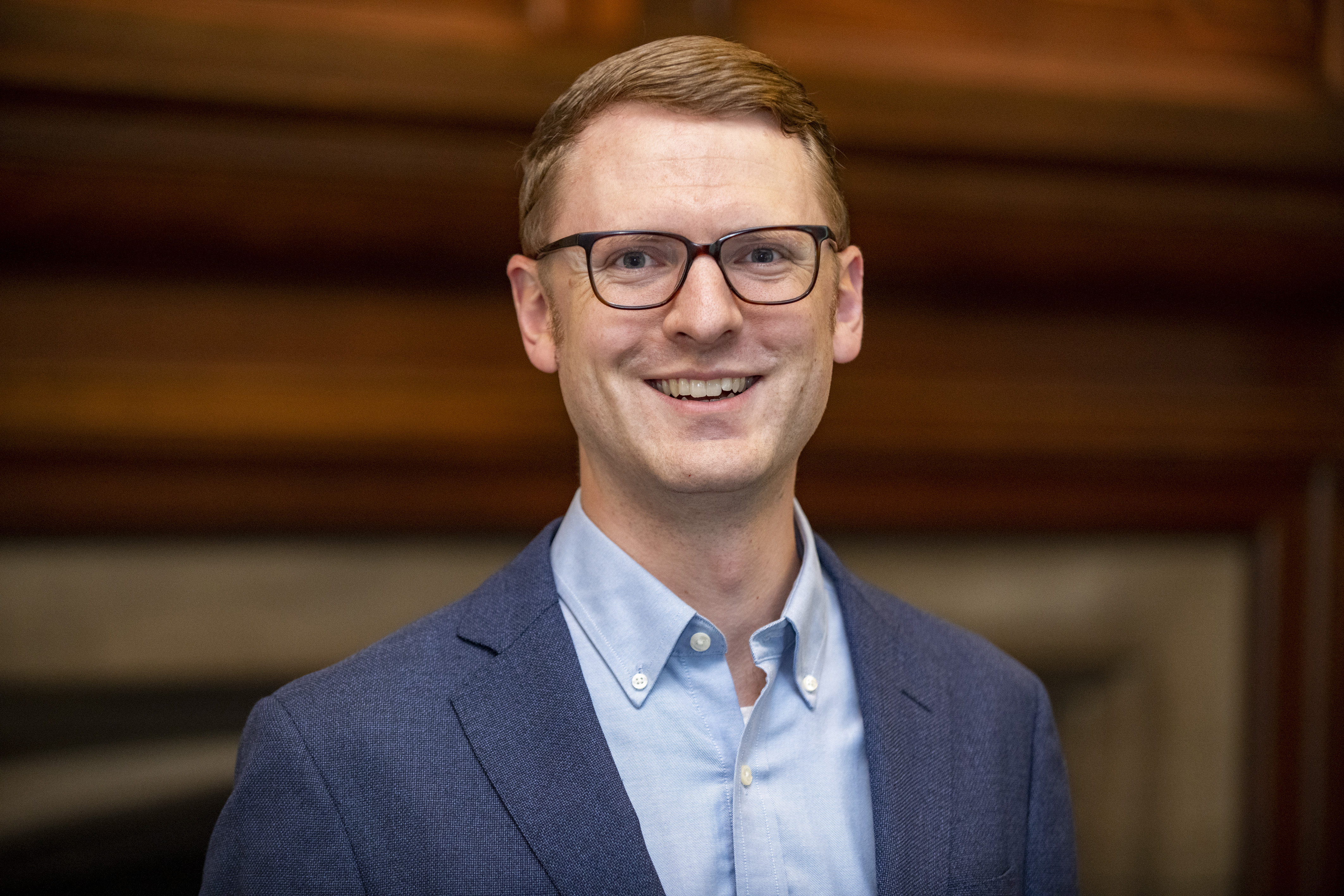
Biography:
Adam Saxton is a PhD candidate in the Department of Political Science at the University of Chicago, focusing on international relations. His research interests are at the intersection of international security and international law, with current projects looking at historic trends in declarations of war and the influence of regional non-intervention pacts in Latin America on U.S. interventions. His broader interests include rhetoric, bureaucracy, and intelligence, with his research often leveraging archival sources to provide insight on foreign policy decision-making.
Before starting the PhD program, Adam was a Research Associate at the Center for Strategic and International Studies (CSIS), where he worked on projects related to U.S. military force posture and industrial mobilization. He has further internship experience at other think tanks, including the Council on Foreign Relations (CFR) and the Center for New American Security (CNAS), where he worked on issues related to technology and national security. His writings have appeared in Lawfare, The National Interest, Breaking Defense, and War on the Rocks.
Project Title: Classifying Conflicts: Legal Labels and the Use of Military Force
Abstract:
Why do states legally frame events in ways that sharply contrast with material facts on the ground? The practice of mislabeling conflicts has persisted for centuries, from the United States’ “police action” in Korea in 1950 to the Quasi-War between the United States and France in 1798. Russia’s recent “special military operation” in Ukraine is only the latest example of this behavior. This dissertation explores the phenomenon of conflict mislabeling, investigating why states choose legal terms that often diverge from the true nature of the conflict. The project sheds light on this strategic manipulation by developing a typology of label types to encompass a range of labels and their relationship to the underlying conflict. The study proposes an initial theory of label choice based on concern over conflict escalation and manipulation of the laws of war. This theory and typology are demonstrated through archival research in historical case studies drawn from the 19th and 20th centuries to assess why certain labels were chosen over others. By bridging gaps in the study of conflict, international law, and rhetoric, this research aims to reveal the complex interplay between the material realities of war and the legal frameworks used to define them.

Biography:
David Westby is a PhD candidate in the department of Political Science at the University of Chicago. He received his BA from Tufts University in 2017 and his MA from the University of Chicago in 2020.
His research interests include nationalism, populism, the intersection of sport and politics, and critical theory. Previous work includes research on radical Spanish soccer fans, called ultras, and an MA thesis on when nationalist parties become independentist.
Project Title: Ultras and Populism
Abstract:
The recent success of extremist populist politicians has prompted concern about democratic backsliding. Trump, Bolsonaro, Erdoğan, Le Pen, Bukele, and more have tapped into widespread frustrations with modern politics. These extremist populist politicians mobilized already robust yet invisible groups of people that were primed for an anti-system message. But how were they primed?
Existing literature suggests citizens are dissatisfied with institutional politics in liberal democracies. But little scholarship has focused on where and how such grievances are shaped into populist sentiment. I argue that the priming for populist messaging has for years been happening outside of mainstream political spaces, for example in the punk music scene, online video game communities, and churches.
I propose to study an undertheorized space to illustrate how communities with extremist ideologies are formed in alternative social contexts. Soccer has a unique form of fandom called ultraism in which young men are mobilized by organized fan groups. Activities include coordinated visual displays and chants, travel to away games, social gatherings, and fights. Critically, ultra groups imbricate intense fandom with radical politics, cultivating extreme populist attitudes in young men searching for a north star.

2022-23 Abstract: Public Responses to Democratic Erosion in the United States, Mexico, and Turkey
The concept of “democratic erosion” has come to the fore in recent years, as leaders around the world have come to office by winning free and fair elections and, once in office, weaken democratic institutions, such as the press, courts, and election-administration bodies.
These aspiring autocrats also benefit when they disparage their political systems. By making people believe that democracy is neither strong nor helpful for the general public, then it’s easier for them to, say, claim that elections are rigged even when they are not. But when aspiring autocrats trash-talk their democracies, how do we know that they succeed?